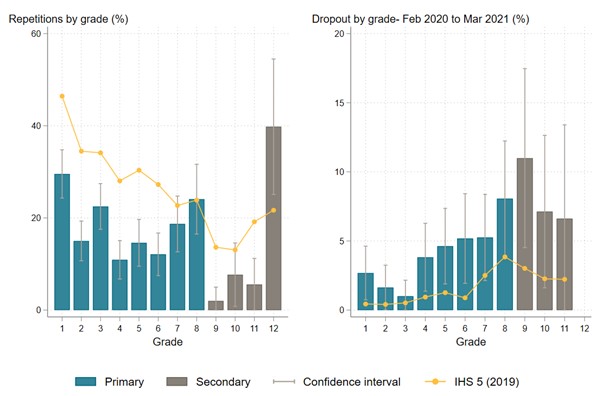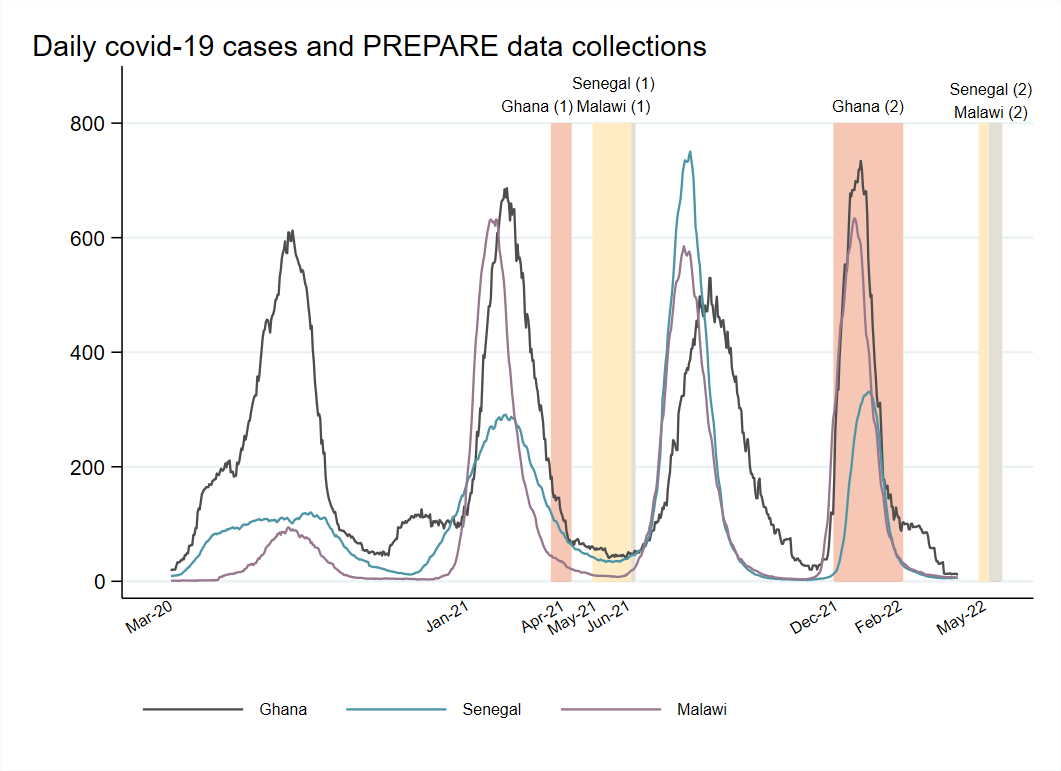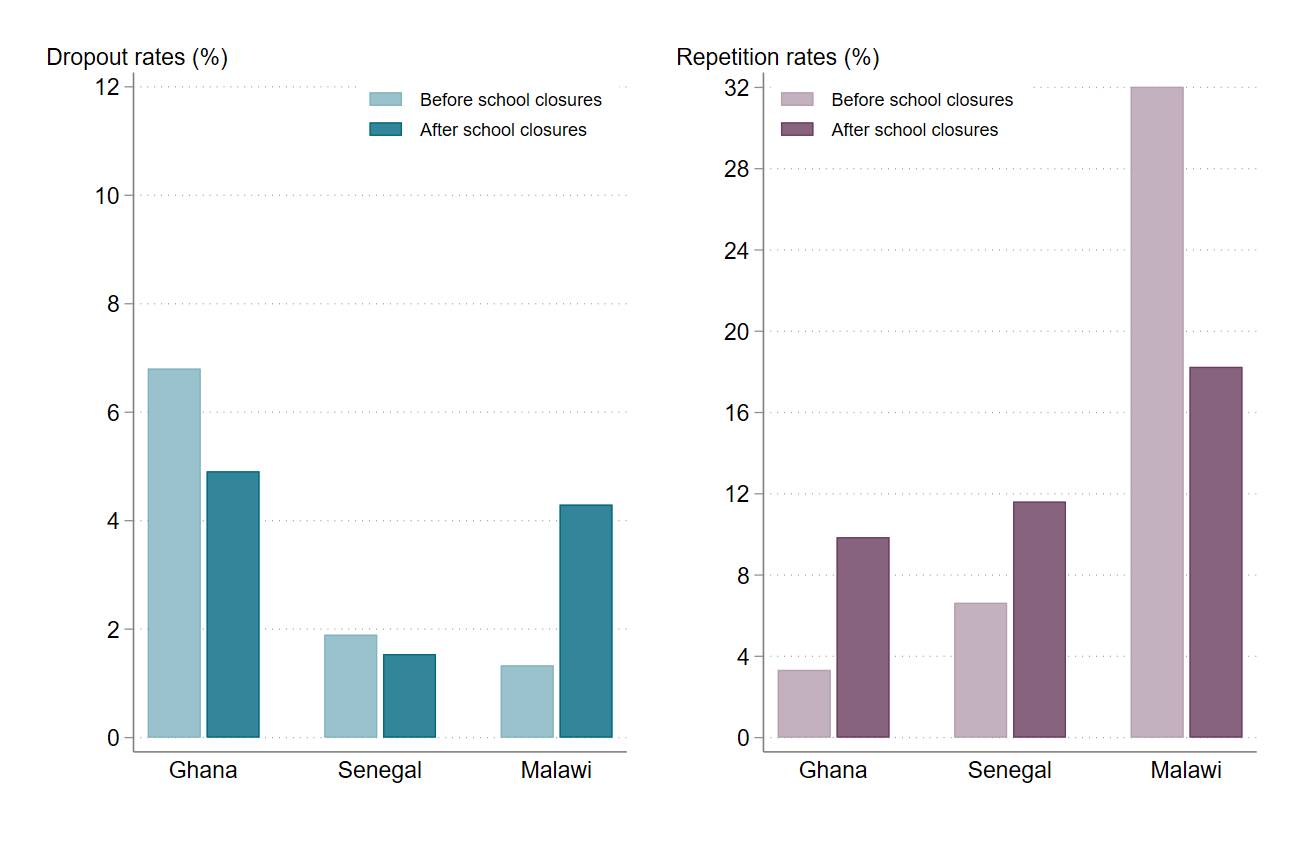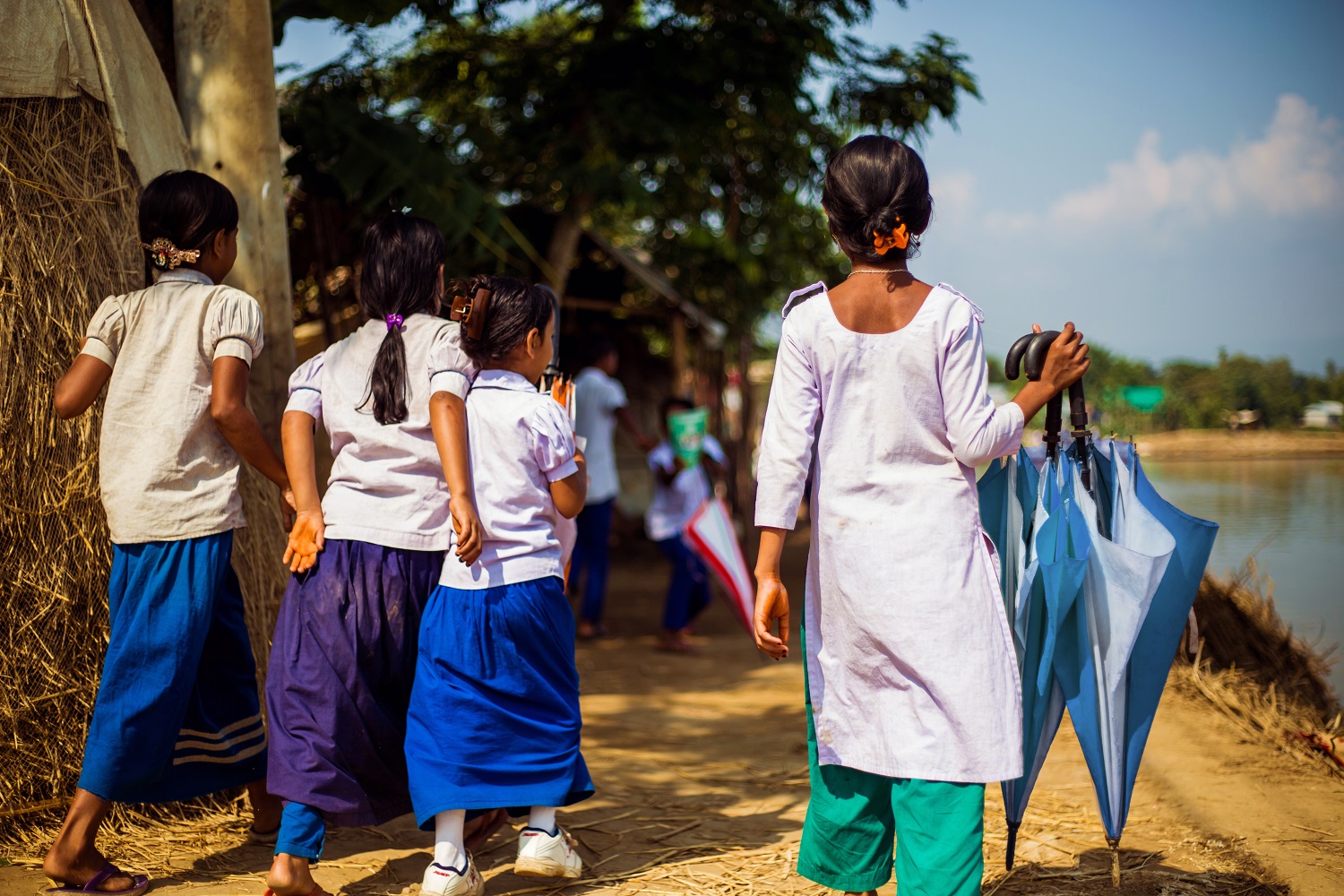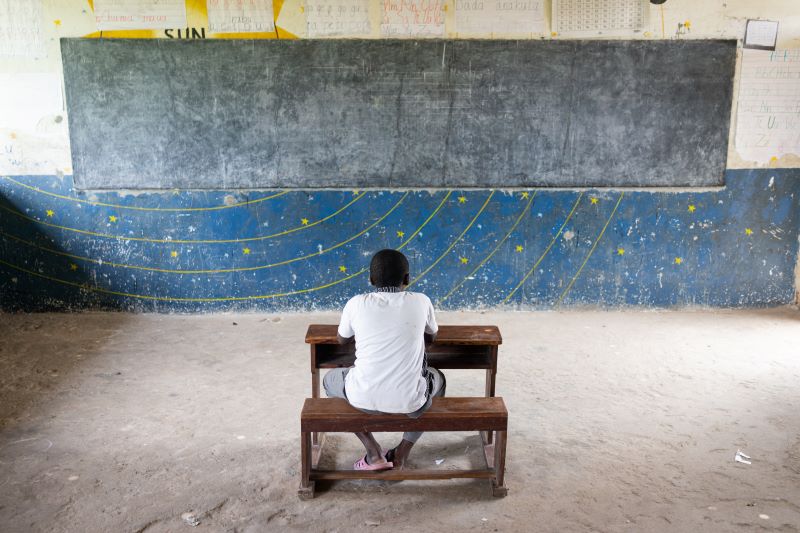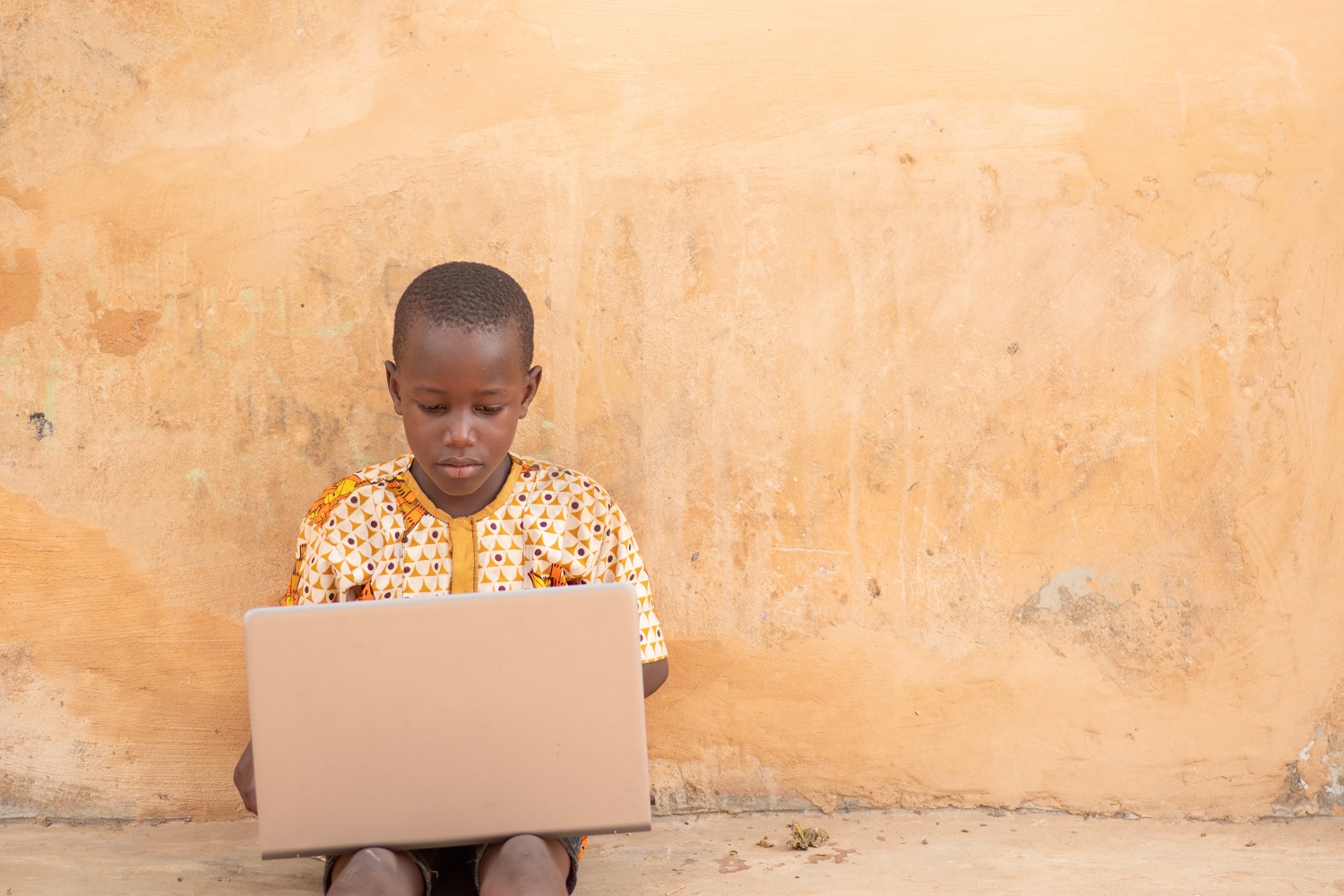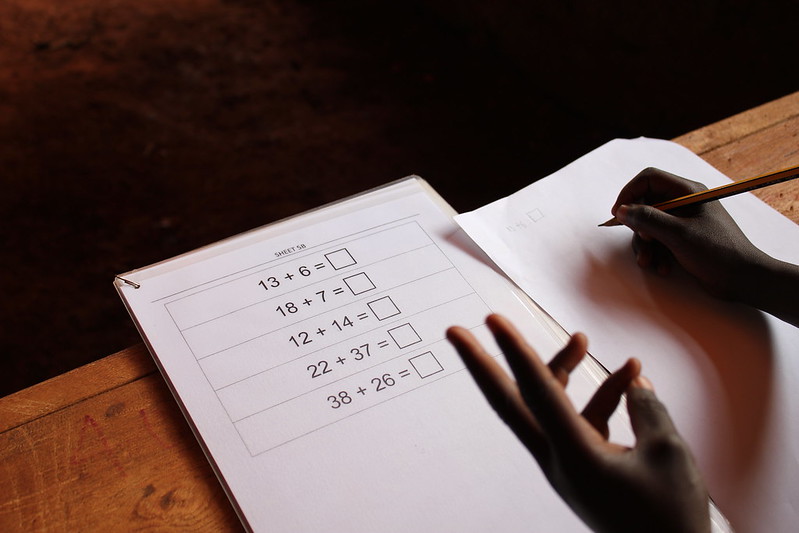Recommended
The latest survey data and instruments from the Partnership for Research on Progress and Resilience in Education (PREPARE) are now publicly available at Harvard Dataverse for Ghana, Malawi, and Senegal. Launched by CGD in May 2021, the PREPARE collaboration convenes researchers from Bangladesh (BIGD), Ghana (IEPA), Kenya (APHRC), Malawi (CERT), Pakistan (CERP) and Senegal (CRDES).
Each PREPARE partner developed nationally representative surveys to rapidly understand the impact of COVID-19 on education systems in their country. Data is being used for research and to equip policymakers with evidence to mitigate the negative consequences of school closures during 2020 and 2021.
This short blog summarises what the data release covers.
This data release covers almost six thousand households across Ghana, Malawi and Senegal
In the first three PREPARE partner countries for which we’re releasing data—Ghana, Malawi and Senegal—the survey aim was to monitor the impact of school closures on children's education. All first wave surveys were conducted in spring 2021, by phone in Ghana and Malawi, or in in-person, in Senegal.
Figure 1: surveys were conducted after the first two COVID waves in Ghana, Malawi and Senegal
Note: (1) for first wave data collection, (2) for second wave data collection. Lines show the smoothed 7 days rolling average for daily new confirmed COVID-19 cases. Data source: JHU CSSE COVID-19 Data.
Survey coverage varied across countries. While the number of surveyed households was comparable in Malawi (1,085) and Senegal (984), information was collected for a larger sample of 3,700 households in Ghana. School information was also collected from 176 schools in Senegal and 374 schools in Malawi. In Ghana, 372 heads of early-learning centres were interviewed.
The core set of survey modules was similar across the three countries allowing cross-country comparison on many themes. Common topics include enrollment decisions after school reopening, use of tutoring and distance learning, and occurrence of early marriages and pregnancies.
Table 1: survey topics covered in each country, Wave 1.
|
|
Ghana |
Malawi |
Senegal |
|
Student repetition |
X |
X |
X |
|
Student dropout |
X |
X |
X |
|
Use of ed tech for distance learning |
X |
X |
|
|
Use of private tutoring |
X |
|
X |
|
Early pregnancies |
|
X |
X |
|
Marriages |
|
X |
X |
The data show changes in school participation, use of remote learning and parental concerns for children’s schooling
The main findings from the first wave indicated that dropout rates tripled in Malawi. In Senegal and Ghana, most children returned to school but repetition almost doubled in Senegal and tripled in Ghana. These results are concerning as high repetition rates are likely to increase class sizes for the next cohort and might lead to lagged dropout rates and resource constraints in schools.
Figure 2: Dropout and repetition rates in Ghana, Malawi, and Senegal
Note: Dropout and repetition rates have been calculated for all children in primary and secondary levels living in surveyed households.
In Malawi where access to ed tech is limited, most children missed out on remote learning—less than 8 percent watched television programs and less than 2 percent used radio or phone for learning. However, some schools continued remote learning after reopening to mitigate the impacts of decongestion measures. In Ghana and Senegal, most parents or guardians were worried about their children’s academic performance. In Senegal, the share of children who received tutoring increased from 12.4 percent in 2018-19 to 13.7 percent in 2020-21 and it was concentrated among the richest households. The number of Senegalese children enrolled in a private school also increased in 2020-21 compared to the previous academic years.
The second wave follows up on enrollment decisions and takes a closer look at marriage, pregnancies and access to school feeding
Our analysis also suggests an increase in the number of early marriages in Senegal. We record 14 early marriages in Malawi, 9 of which occurred after March 2020. In Ghana, almost a quarter of girls over 15 who dropped out, did so because of pregnancies or marriages. These preliminary results—to be interpreted cautiously due to small sample size—indicate a potentially important phenomenon that might dramatically impact adolescent girls. More data needs to be collected to confirm these findings.
A year later, we are conducting follow-up surveys in these three countries to investigate the longer term impact of school closures on children’s education and health outcomes and whether patterns highlighted early on have been sustained, attenuated or aggravated. Our questionnaires put emphasis on three important topics: 1) current enrollment decisions to understand repetition and dropout patterns in the new academic year, 2) early marriages and pregnancies, and 3) school feeding programs. Aligned with Ministry priorities, surveys also include an early childhood education component in Ghana and Senegal. Second wave findings are upcoming in the next few months.
With thanks to Rita Perakis and Jack Rossiter for helpful comments.
Disclaimer
CGD blog posts reflect the views of the authors, drawing on prior research and experience in their areas of expertise. CGD is a nonpartisan, independent organization and does not take institutional positions.



